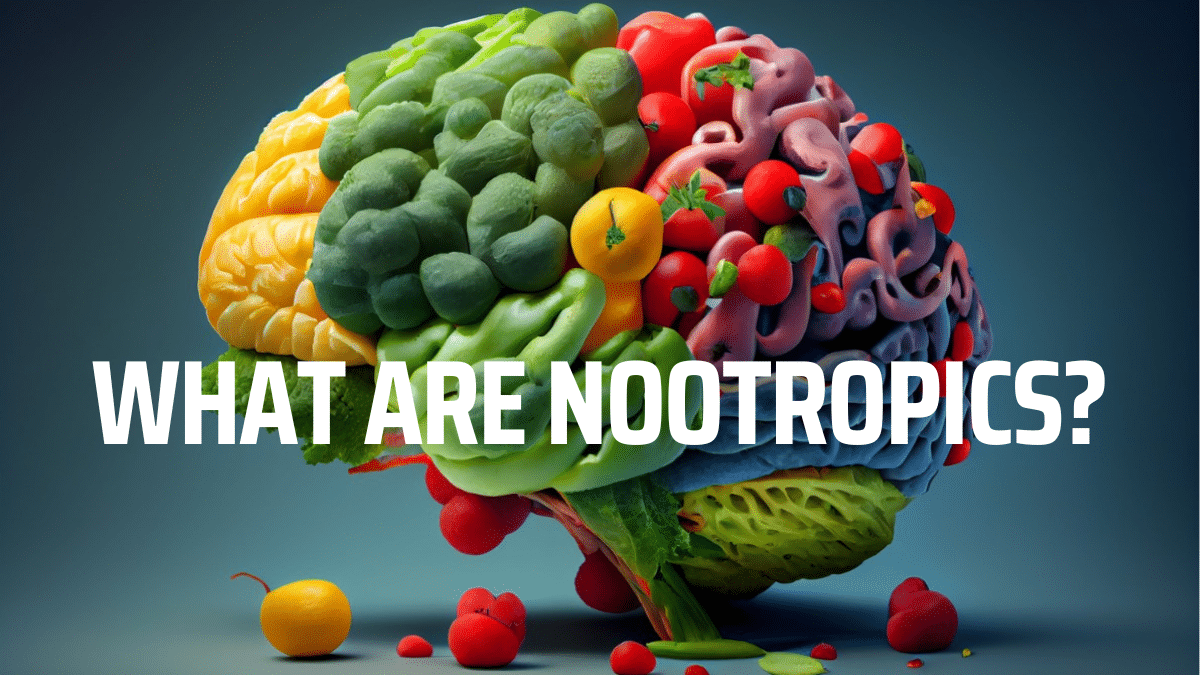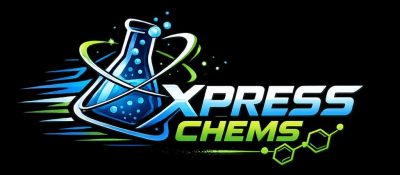Innovations in Nootropics: Enhancing Cognitive Research
Nootropics, often referred to as “smart drugs” or cognitive enhancers, are compounds that have gained significant attention for their potential to improve cognitive functions such as memory, creativity, and motivation. The field of nootropic research is rapidly evolving, driven by innovative approaches to understanding and enhancing brain health and performance.
The Rise of Nootropics:
The concept of nootropics emerged in the 1960s with the development of piracetam, a compound that showed promise in enhancing cognitive function without the traditional stimulant effects. Since then, the exploration of nootropics has expanded, encompassing a wide range of natural and synthetic compounds aimed at optimizing brain function.
Mechanisms of Action:
Nootropics exert their effects through various mechanisms, including modulation of neurotransmitter systems, enhancement of neuroplasticity, and protection against neurodegenerative processes. By influencing pathways associated with attention, learning, and memory, nootropics offer potential benefits for both healthy individuals and those with cognitive impairments.
Innovative Compounds and Formulations:
Recent innovations in nootropic research have led to the development of novel compounds and formulations that target specific cognitive domains. These include ampakines, which enhance synaptic transmission and plasticity, and cholinergic agents that boost acetylcholine levels, a neurotransmitter crucial for memory and learning.
Additionally, advancements in biotechnology have facilitated the creation of tailored nootropic blends, combining multiple compounds to achieve synergistic effects. These customized formulations aim to address individual cognitive needs, providing a more personalized approach to cognitive enhancement.
Cognitive Research and Applications:
Nootropics are being investigated for their potential applications in a variety of settings, from academic and professional performance to the treatment of cognitive decline associated with aging and neurological disorders. Research is ongoing to determine their efficacy and safety in conditions such as Alzheimer’s disease, ADHD, and traumatic brain injury.
Challenges and Considerations:
Despite the promising potential of nootropics, several challenges remain. The variability in individual responses and long-term safety profiles of these compounds necessitate thorough scientific investigation. Furthermore, ethical considerations regarding the use of cognitive enhancers in competitive environments continue to be a topic of debate.
XPRESS CHEMS: Advancing Nootropic Research:
At XPRESS CHEMS, we are committed to supporting the advancement of nootropic research by providing high-quality, rigorously tested compounds. Our extensive catalog includes a range of nootropics designed to meet the diverse needs of researchers exploring cognitive enhancement.
By fostering innovation and ensuring the integrity of our products, XPRESS CHEMS empowers scientists to unlock the full potential of nootropics in enhancing cognitive research and improving brain health.
For more information on our nootropic offerings and research support, please contact our team. Together, we can contribute to a deeper understanding of the brain and its remarkable capabilities.
 Europe
Europe


